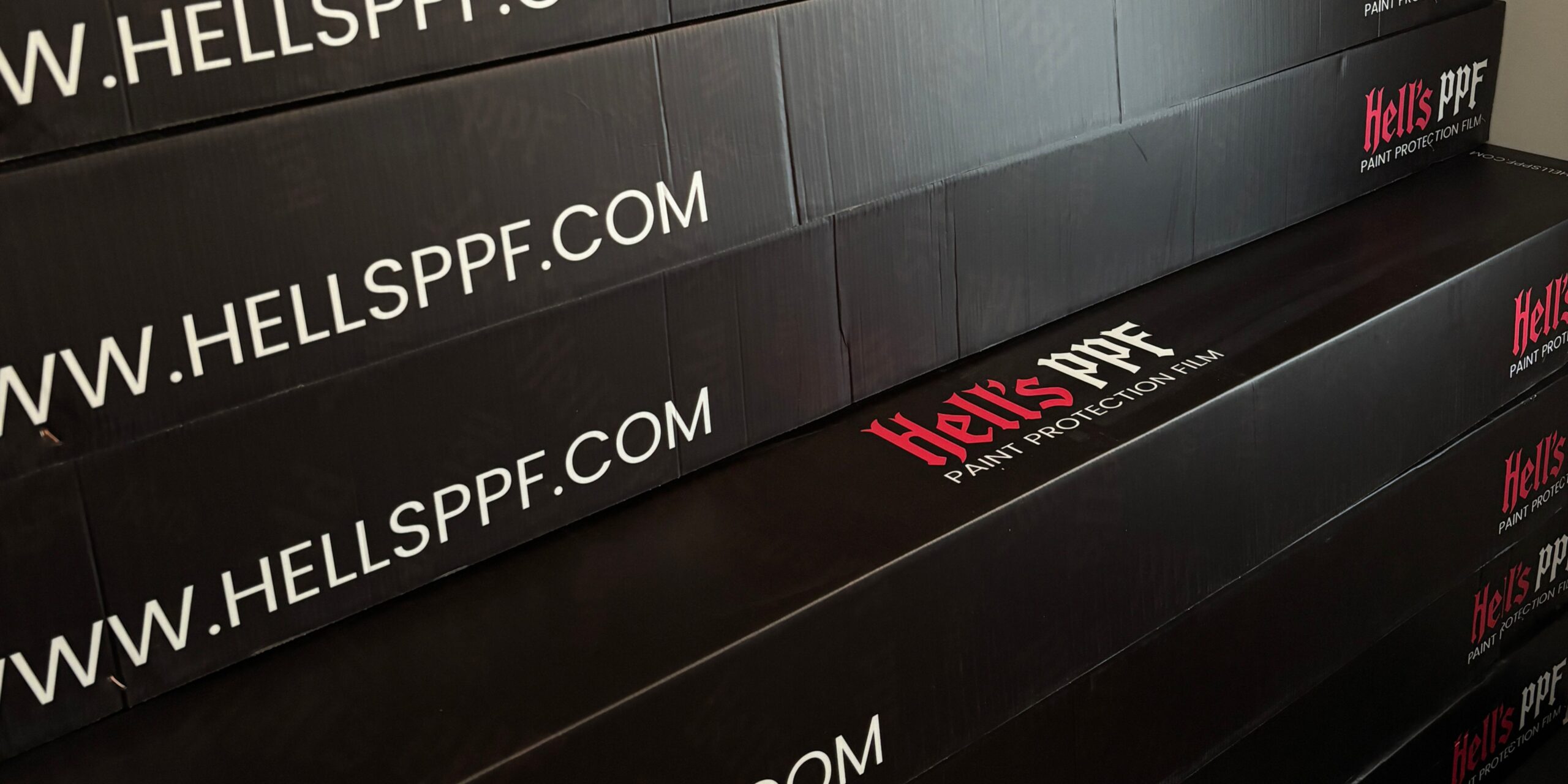Paint protection – that is the job of PPF (Paint Protection Film). A very challenging task, especially as it takes on various blows: from atmospheric and environmental factors to careless driving by others. Despite its multitasking capabilities, it does have a lifespan. So, how often should PPF be replaced?
PPF is extremely durable and does not require frequent replacement. However, even it can occasionally sustain damage while protecting our car. It doesn’t matter whether it is a standard film or one with self-healing properties.
What affects the lifespan of PPF?
PPF (Paint Protection Film USA) for cars is exceptionally strong—it absorbs impacts that would otherwise lower the car’s value. Additionally, most modern PPFs offer self-healing capabilities under heat.
However, the lifespan of PPF largely depends on how well it is maintained. Cars covered with PPF should be washed regularly, taking care not to use strong chemical agents that could damage the film.
Although PPF is designed to protect cars from atmospheric conditions, it is still susceptible to damage from those same factors. UV radiation and road salt present on snowy roads are particularly harmful to it.
How long does PPF last?
Even if you follow all the instructions provided by the PPF manufacturer, it is important to remember that its lifespan is limited. How long it lasts depends on:
- its thickness;
- its quality.
The thicker and higher-quality the PPF, the longer it will take to degrade. Thin films without self-healing properties will unfortunately deteriorate more quickly.
Depending on the above factors, PPF can last between 8 and 10 years. This doesn’t mean you shouldn’t check it earlier and address any damage as it occurs.
Can improper installation affect the lifespan of PPF?
Poor application of protective film is the first step toward replacement. If the film was improperly applied at the shop, its lifespan will be significantly reduced. This is one of the main reasons why it’s not worth cutting corners when it comes to car wrapping. Even the cheapest auto detailing shop will charge thousands of dollars for wrapping, and the result may not only be unsatisfactory but could also damage the paint it’s supposed to protect.
In summary:
The expected lifespan of PPF for cars is 8 to 10 years. How long it serves to protect your car from scratches, provide a hydrophobic coating, or shield it from UV rays largely depends on how well you care for the car overall. Proper cleaning and responding promptly to spills of gasoline or chemicals are crucial for maintaining the film’s protective properties.
Don’t forget that installation is always the most important factor—a mistake during the application of PPF can do more harm than good. Choose wisely and prioritize skilled professionals who know how to handle the product!


